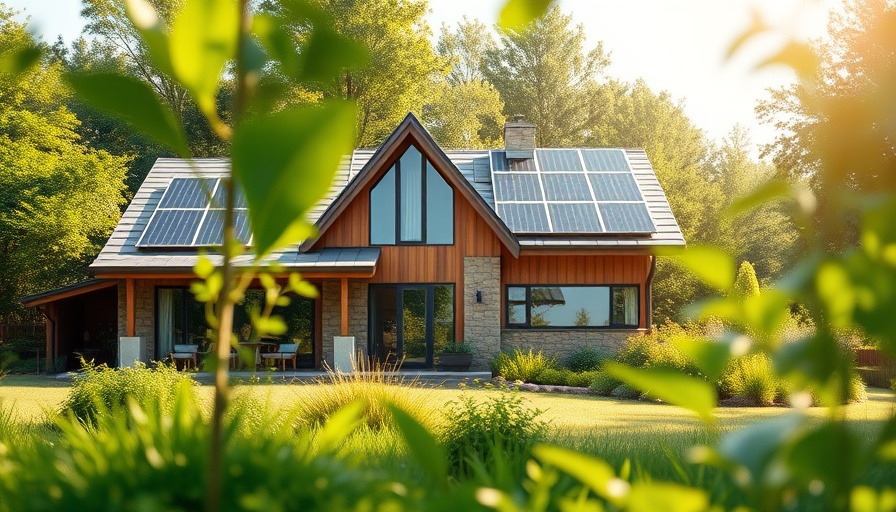
Can Electric Vehicles Spark a Revolution in Pakistan?
As Pakistan grapples with staggering imports and an urgent need for cleaner air, the push for electric vehicles (EVs) represents both a challenge and an opportunity. With oil imports costing the country over $15 billion annually, the transition from fossil fuels to EVs may seem daunting, yet it is a critical juncture in the nation’s quest for sustainability.
The Extent of Pakistan's Fossil Fuel Dependence
Pakistan’s transport sector consumed a staggering 80% of its petroleum in 2024-25, a significant increase from the previous year. This reliance on fossil fuels is not only a source of economic strain but also a contributor to severe urban pollution. As urban areas grow increasingly congested and environmentally compromised, experts underline the necessity of transitioning to EVs as a public health imperative. Yasir Husain from the Climate Action Centre emphasizes, “Replacing [conventional cars] with EVs is not just a climate solution – it’s a public health necessity.”
Opportunities in Electricity Generation
Interestingly, the current state of Pakistan's energy generation offers an unexpected ally in the push for electric vehicles. With an installed capacity of 46.6 GW outstripping actual production, EVs could help absorb surplus power, leading to improved grid utilization. This significant mismatch creates an avenue for greater EV adoption, as the infrastructure to support electric mobility will ultimately align with excess generation capacity.
Government Initiatives and Challenges Ahead
Pakistan’s recent policy changes, which include introducing charging stations along highways and targeting 3,000 charging points nationwide by 2030, are steps toward fostering a supportive environment for EVs. However, experts caution that these initiatives face hurdles like inconsistent policies and a sluggish industrial response. Also, the government’s approach to levies and taxes directly impacts the economy's reliance on fossil fuels, suggesting a delicate balancing act between environmental intention and fiscal reality.
Sustainability and Economic Viability
The impact of the transition to EVs goes beyond environmental concerns; it must also include economic considerations. Revenue generated from the Petroleum Development Levy (PDL) and the newly introduced carbon levy is predicted to play a crucial role in financing the government’s agenda. However, skepticism remains regarding how these funds will be allocated to support environmental initiatives, raising questions about accountability and transparency.
The Global Shift Towards Sustainability
The global shift towards sustainable living and renewable energy presents a benchmark that Pakistan could look to emulate. By prioritizing initiatives that emphasize green energy, eco-friendly transportation, and sustainable practices, Pakistan can potentially influence a wider regional impact on sustainability policies. In line with global trends, enhancing the adoption and infrastructure for EVs could catalyze systemic changes in the country’s economy.
Future Prospects for Electric Mobility in Pakistan
While the journey towards a greener Pakistan through EV adoption is fraught with challenges, it is also filled with potential rewards. Stakeholders are urged to pursue collaborative efforts between government, industry, and communities to bolster EV infrastructure and policies that align with sustainable development goals. As new initiatives emerge, from innovative technological advancements to regulatory frameworks, the commitment to adopting electric mobility in Pakistan will be essential.
Conclusion: A Call for Collective Action
Transitioning to electric vehicles offers Pakistan a unique chance to reshape its energy and environmental landscape. The journey towards sustainable infrastructure, coupled with rising awareness for reducing carbon footprints, presents a transformative opportunity. As individuals, communities, and policymakers come together to advocate for greener practices, we can pave the way for lasting change. For those embracing this journey, it's essential to adopt conscious living—be it through eco-friendly consumer choices or active participation in sustainability initiatives. Each small step contributes to a more sustainable future. Let’s engage actively in these discussions and be part of the change towards an environmentally conscious Pakistan.
 Add Row
Add Row  Add
Add 



Write A Comment